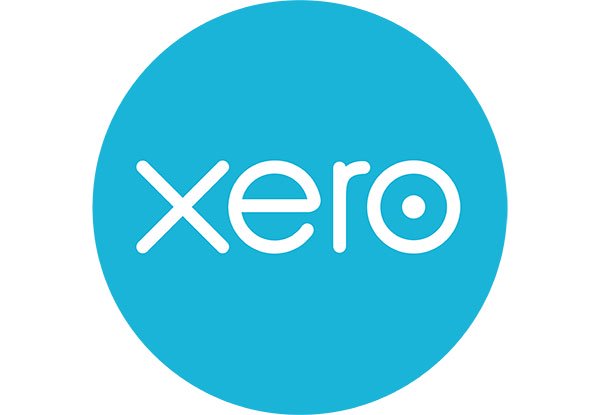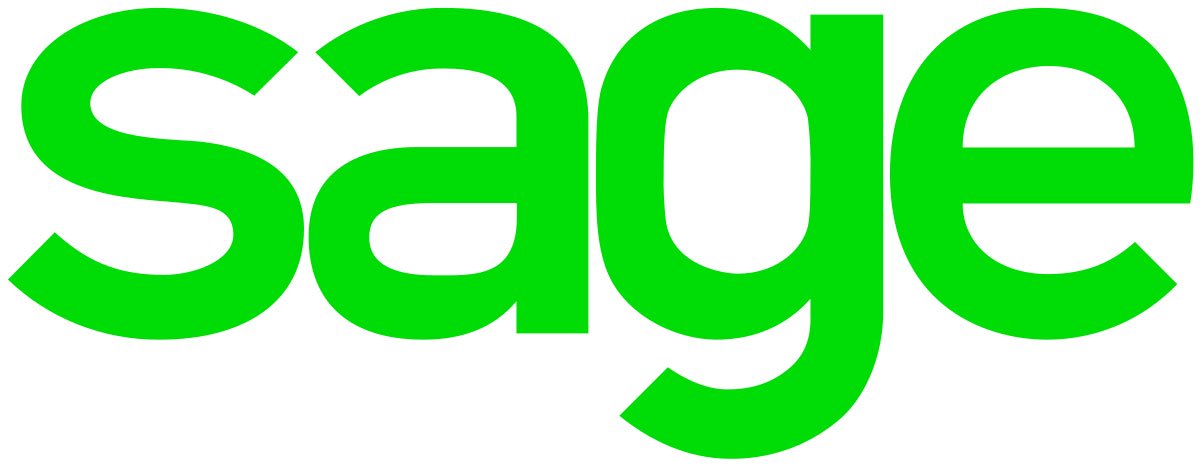Managing your finances using Direct Debit to collect regular customer payments is efficient, secure and fast. However, occasionally problems occur and a Direct Debit isn’t processed.
Known as a returned or bounced Direct Debit, this can occur for a few reasons, but predominantly when a customer doesn’t have sufficient funds in their bank or building account to cover the payment.
Returned Direct Debits pose a number of issues for businesses.
Here we explain the reasons why Direct Debits fail, the impact that a failed payment can have on your business, ways to avoid it as well as the benefits of optimising your financial integration.
Contents
2. The Impact on Your Business
3. How to Avoid a Returned Direct Debit
4. When to Outsource to a Direct Debit Provider
Why Direct Debits Fail

When a Direct Debit fails, you’ll receive an Automated Return of Unpaid Direct Debits Service (ARUDD) notification from Bacs which includes a reason code.
An ARUDD message is triggered by an automated system that banks use when Direct Debits bounce.
This report is received by the company collecting the payment, normally on the next working day after the money was due to be debited.
The 12 ARUDD reason codes
There are 12 reason codes noted on an ARUDD message to help you take the most appropriate action with your customer to resolve the issue:
1. Refer to payer
- A payer’s bank isn’t in a position to pay the Direct Debit, usually due to insufficient funds in the account to cover the amount
2. Instruction cancelled
- The customer, or bank, has cancelled the Direct Debit instruction
3. Payer deceased
4. Account transferred
- The account has been moved to a new bank or building society
5. Advance notice disputed
- The payer disputes the time, amount or frequency of the Direct Debit instruction and requests for it not to be paid
6. No account or wrong account type
- The account number isn’t recognised at the paying bank
7. No instruction
- There’s no Direct Debit instruction on file for that account
8. Amount differs
- Payer states that the amount is different to what they’re expecting
9. Amount not yet due
- The customer believes that the collection date is in advance of the agreed date or the collection was sent through before the Direct Debit instruction was lodged
10. Presentation overdue
- The customer states that the collection date is three days later than agreed
11. Service user number differs
- The identity of the company collecting the payment differs to what’s noted on the Direct Debit Instruction
12. Account closed
What are the most common ARUDD reason codes?
The two most common reason codes are ‘Refer to payer’ and ‘Instruction cancelled’.
The Impact on Your Business
 Returned Direct Debits can have a negative impact on your business. Potential issues can include:
Returned Direct Debits can have a negative impact on your business. Potential issues can include:
-
Disrupting cashflow
Taking customer payments by Direct Debit ensures a more efficient cashflow as you know precisely when money will be available in your account and the exact amount. This enables you to forecast, balance outgoings with incomings, maintain a contingency fund as well as plan for business growth and investments.
The uncertainty of failed Direct Debit payments disrupts cashflow. It could mean that you’re unable to pay your overheads on time or need to cancel a planned business growth activity to ensure you’ve enough funds to cover staff salaries and wages.
-
Increasing financial administration time
A failed Direct Debit has a knock-on effect on your finance team’s time.
They’ll need to review the ARUDD notifications to understand why a payment hasn’t been collected. Next, they’ll need to coordinate with the customers whose Direct Debits have been returned, and contact them either by email, phone, or letter and wait for their reply.
After, they’ll need to retry, or ‘re-present’, the Direct Debit collection. This can only be progressed if certain criteria are met, including:
- the second attempt to collect the Direct Debit must be one month from original processing day
- the customer is notified of this new date at least five working days in advance of the re-presentation
- the reason why the first Direct Debit failed is established and the likelihood that this second payment will be successful is gauged as high
And if the Direct Debit collection fails a second time? Then this time-consuming process needs to be repeated.
-
Damaging relationships with customers
A Direct Debit that bounces has an impact on your finances but can also damage your relationship with your customers.
When payment fails, you’ll need to contact your customer to understand why, to reorganise a collection date and to chase up to ensure outstanding payment is made.
The services or products that you provide might be immediately stopped if payment isn’t made when agreed or is missed after a set timeframe. Cutting customer’s services, such as broadband or nursery school admission, although necessary, can be stressful for a customer. It can cause hostility between a customer and your business, and damage brand loyalty.
Customers might also be charged a fee for a failed Direct Debit or incur a charge if they inadvertently go into an unauthorised overdraft, which can add to the stress.
How to Avoid a Returned Direct Debit
 There are a few ways to avoid failed payment collections:
There are a few ways to avoid failed payment collections:
-
Offering flexible payment dates
An accommodating approach to customer payment dates can help avoid ‘Refer to payer’ notifications.
Allowing your customers a degree of flexibility to pick their preferred date, for example the day after their salary payment is credited, will maximise chances that sufficient funds are in their account come Direct Debit collection day.
-
Correctly giving advance notice
Notifying customers in advance of when a payment will be collected and highlighting if the amount has changed can help to alleviate failed Direct Debits.
Customers know in plenty of time when a future payment will be collected and can plan for the money to be available in their account to cover it.
-
Regularly checking Bacs reports
If a customer cancels their Direct Debit instruction with their bank and fails to notify you, you’ll receive an Automated Direct Debit Amendment and Cancellation Service (ADDACS). If you attempt to collect payment after an instruction is cancelled then it’ll fail.
There are various reasons that a customer might’ve cancelled a Direct Debit instruction, and if they’re still utilising your services or products then you’ll need to contact them to set up a new Direct Debit instruction.
Closely monitoring Bacs reports, identifying cancelled instructions and acting promptly will help avoid failed payments.
-
Devising a failed payment process
To improve the administration time and facilitate a quick resolution of any customer issues, it’s important to devise and implement a failed payment process that’s followed by the relevant member of the finance admin team.
This can include when and how to contact customers, as well as provide pre-approved scripts and email text to ensure that customers are approached in a professional and friendly manner. The tone of each contact can change if a payment isn’t made.
A dedicated procedure will reduce admin time and help to maintain a positive relationship with customers.
-
Addressing recurring patterns
Spend time analysing your returned Direct Debit data to pinpoint patterns or recurring problems. Isolating and then addressing these issues can help to prevent Direct Debits from bouncing.
When to Outsource to A Direct Debit Provider
 Managing Direct Debit in-house can be time-consuming for a finance team. Many organisations outsource this management to a Direct Debit provider such as FastPay.
Managing Direct Debit in-house can be time-consuming for a finance team. Many organisations outsource this management to a Direct Debit provider such as FastPay.
FastPay offers Facilities Management and Commercial Bureau Direct Debit Services to suit your business’ unique needs. Both services have a one-time set-up fee and then a charge starting from 3p per transaction depending on the volume of transactions.
The team at FastPay are experts at monitoring bank reports, understanding the reason codes and keeping track of failed Direct Debits.
We’ll notify you promptly of any returned payments and advise on the most effective next steps.
We can manage the process of re-presenting failed Direct Debits as well as provide you with all the documentation you require to get customers set up with a new Direct Debit instruction in the event they’ve cancelled their existing one.
FastPay and Xero Integration
 You can fully optimise your financial data management by integrating FastPay with existing accounting software. Xero is a popular accounting and bookkeeping software that’s used by many of our customers.
You can fully optimise your financial data management by integrating FastPay with existing accounting software. Xero is a popular accounting and bookkeeping software that’s used by many of our customers.
Xero gives a real-time view of cashflow and financials. The mobile app offers an on-the-move ability to send invoices, log expense claims, create purchase orders and reconcile in seconds.
Our Xero integration offers reliable, time-saving and up-to-date reporting on your Direct Debit collections. The status of your Direct Debit payments, including any failed collections, is clearly communicated and flagged in the intuitive, comprehensive Xero dashboard. Learn more about our Xero automatic payment integration.
As well as reducing administration time and improving cashflow efficiency, the financial integration also enables:
- Easy selection of the Xero invoices you want to collect by Direct Debit
- Automatic submission of your invoices without manually double-keying information
- Reconciliation of your invoices with Xero once the collection date has passed
We fully tested our application to ensure it’s as straightforward as possible for clients to integrate their Xero software with FastPay.
For all customers taking advantage of our Xero integration we offer phone and email support to ensure the download and integration runs smoothly.
Our New Sage Integration
 Thanks to our unique tool, it’s simple to integrate Sage with our efficient Direct Debit processing service.
Thanks to our unique tool, it’s simple to integrate Sage with our efficient Direct Debit processing service.
With this reliable, feature-rich integration, you’ll get paid on time while enjoying all the convenience of two fully-connected systems.
Log-in to Sage and you’ll get a real-time overview of all your latest Direct Debit collections, expertly managed by the FastPay team. You can also:
- Automatically submit your invoices without manually double-keying information
- Reconcile your invoices with Sage once the collection date has passed
- Select which Sage invoices you want to collect by Direct Debit
- Choose the most convenient collection date for your business
Financial Data Management
Collecting regular customer payments by Direct Debit is predominantly hassle-free. On the rare occasion that you experience a returned Direct Debit, it’s important to understand the reasons why and ensure a standardised resolution procedure.
Efficient financial data management helps to reduce failed Direct Debits and decrease the administration that follows. Financial integration between software and service providers, such as the FastPay and Xero integration, offers seamless processing and reporting systems all in one place.
FastPay provides a wide range of direct debit solutions.












